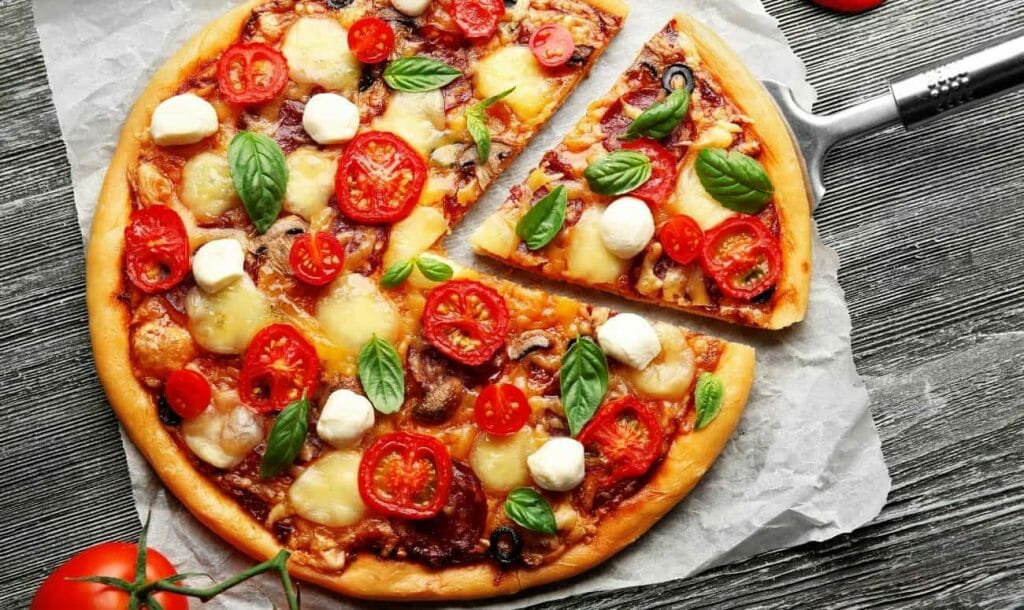Hard to think about food as therapy. But think about that time when you had a late-night binge party and woke up feeling bloated and guilty. Then, there are those occasions when a bar of chocolate, or a scoop of ice cream, makes us happy and full. So, we know that food does have some impact on our mood, but this is just the tip of the iceberg.
It turns out that some foods are made of compounds that have been shown to have an effect on our mood. Even more interesting, going without certain foods can have the opposite effect, putting us at a higher risk for depression.

The question is, how do you build a diet that makes you happy?
For this, we need to know what food therapy is.
How do you define food therapy?
To put it simply, the food we eat should nourish our minds and body. After all, as Hippocrates said, “Let medicine be your food and food be your medicine.” But with the internet filled with all sorts of information, it is easy to get lost in this pool of knowledge, eventually becoming more confused.
So essentially, there are two principles on which food therapy is based.
First, understanding your tendencies.
Ask yourself these questions:
Do you tend to be cold or hot?
Do sweet or pungent foods make you feel well?
Does a large meal or small meal work for you?
Does caffeine make you feel alert or fatigued?
Getting your answers to these questions will help you determine what kind of food works for you. And basis on that, you can make a healthy meal chart for yourself. According to integrative health & food therapy specialist Christine Dionese, we love taking a deeper look at the way we’re eating and why.
In the quest to find out what food choices will serve our goals for wellness best; we often overcomplicate things. Turns out our ancestors and modern science have more in common than we may have realised.
This brings us to the second principle.
Which is bringing forth our ancestral and genetic data.

Take a closer look at what our grandparents ate. Their eating habits, the kind of ingredients, the proportion, everything. It is very likely that their kind of food will make us thrive today.
Then just draw a rough comparison between the kind of food you eat, and what they ate. The pattern will make things transparent as to how and where your habits have derailed. Have you developed a health condition that was absent in your family? How are your meal timings? Is your food balanced? You’ll get the answer to all these questions.
What is the next step?
With the combined knowledge from both these principles, understand what food you like, and what works for your body and mind. A perfect blend of science and ancestral food habits will lead the way of making food your wellness tonic.
You don’t need to have a spinach smoothie or follow paleo or keto. Things don’t have to be complex to work. You should be able to enjoy and love the food that you eat.
Most nutritional and food-science health experts can agree that certain foodstuffs and dietary types do a fairly decent job at offering a large number of people health-conferring effects.
But, does it work for everyone?
This is where you start your journey of combining healthy eating habits with your personalised food therapy.
Don’t forget to add these two kinds of foods to your plate for your dose of ‘culinary happiness.’
Happy Foods
Some foods have special compounds that induce serotonin production, such as spinach, bananas, and dark chocolate.

Comfort Foods
The food that reminds us of a memory or of happier times. We symbolically consume that happiness. There would definitely be a dish that comforts you.
Whether it’s psychological or physiological, it’s clear that foods have a powerful effect on our moods. It would appear that eating only nutrient-packed foods that affect brain chemistry might be the best way to achieve happiness, but the occasional indulgence should make you just as happy. Perhaps a healthy balance of nutritious foods and comfort foods can help maintain the balance in a person’s mood best of all.
Read more: Understanding Vigyaan Bhairav Tantra: The Method Of Going Beyond Consciousness
Like & Follow ThinkRight.me on Facebook, Instagram, Twitter, and Telegram to stay connected






























